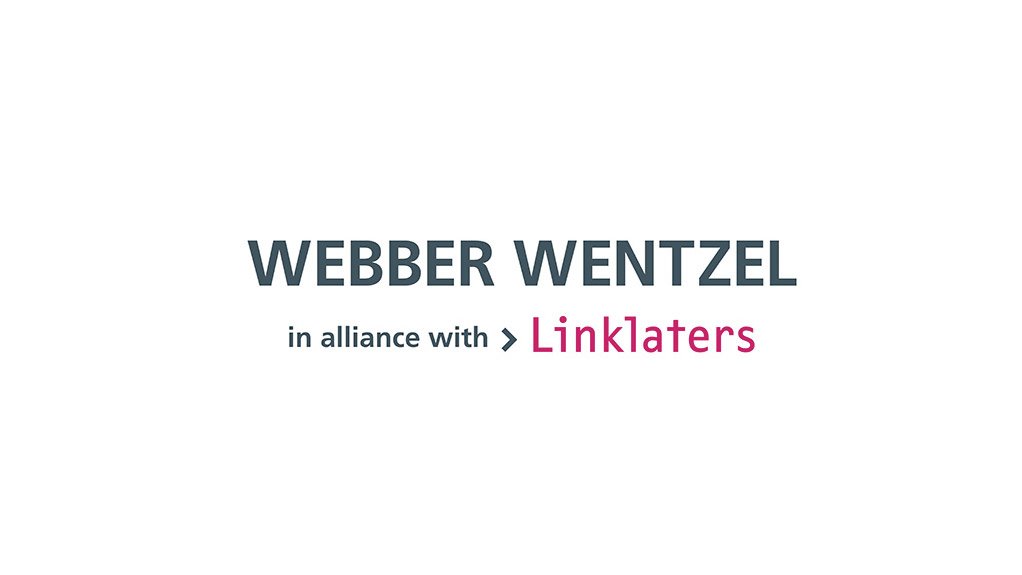The imminent general election in South Africa presents increased risks for the non-life insurance industry. As seen in recent years, elevated political tensions can very quickly escalate into civil unrest. This may result in rioting, looting, arson and other violent acts which could force businesses to close, lose revenue or suffer property damage and business interruption. Such businesses will then turn to their insurers for indemnity in terms of their existing insurance policies if they suffer property damage and related financial losses
Usually, the South Africa Special Risks Insurance Agency (SASRIA) provides cover for business interruption losses which occur as a result of strikes, riots, civil commotion, public disorder and terrorism. However, there are instances where the SASRIA cover may not respond or where coverage may be limited. In those circumstances, insurers should anticipate insureds bringing claims for losses caused by perils arising outside the scope of the SASRIA cover or for losses in excess of the limits of indemnity.
To pre-empt coverage disputes, insurers may want to review their policies now, to gauge their exposure to these uninsured SASRIA claims.
There are circumstances where, during a period of civil commotion, businesses may not suffer actual physical damage (which is usually a pre-requisite for business interruption cover). However, the civil commotion may nevertheless impact the continuity of business operations and impede employees' access to the premises. This could be due to the blockading of roads by protestors, rubble or fire. For insurers who offer prevention of access cover, it would be worthwhile to review key defined terms in the policy such as 'damage', 'property', 'business', 'vicinity', 'prevention' and 'hindrance', to determine triggers to coverage under this particular section of cover. Whether cover is triggered, and the extent of that cover, will depend on factors such as:
- the definition of 'damage';
- whether access to the premises must be entirely prevented or if it is sufficient that access is merely hindered;
- any geographical limitations to cover (with reference to the definition of 'vicinity' or any similar terms);
- whether the damage was the proximate cause of the prevention of access (having regard to the relevant authorities on proximate cause and prevention of access clauses);
- any monetary thresholds for accessing this cover; and
- monetary excesses or time deductibles (for example, if the first seven days of business interruption losses are for the insured's account).
To minimise disputes with insureds and their brokers over losses arising during the election period, insurers are encouraged to proactively assess their risk exposure under existing business insurance offerings. Where there is uncertainty or doubt, seek prompt legal advice to assist in managing these important risks.
Written by Maria Philippides, Partner; Sandra Sithole, Partner; and Justin Malherbe, Associate Director & Jodi Hardy, Associate, Webber Wentzel
EMAIL THIS ARTICLE SAVE THIS ARTICLE ARTICLE ENQUIRY
To subscribe email subscriptions@creamermedia.co.za or click here
To advertise email advertising@creamermedia.co.za or click here











